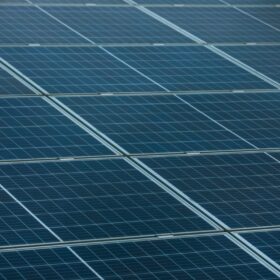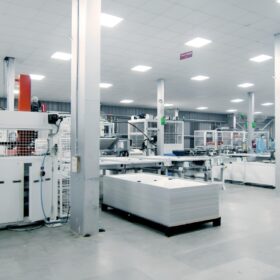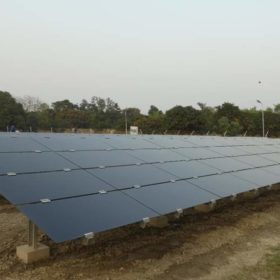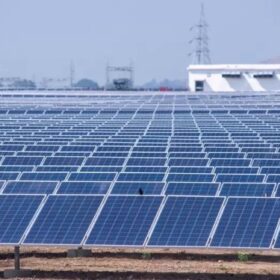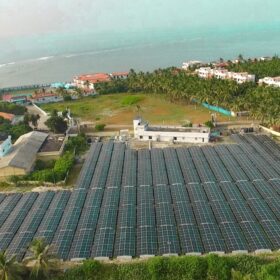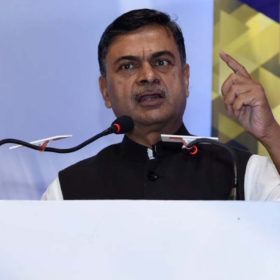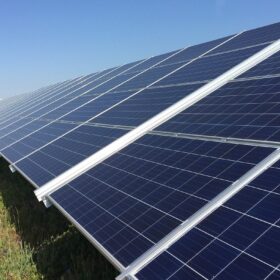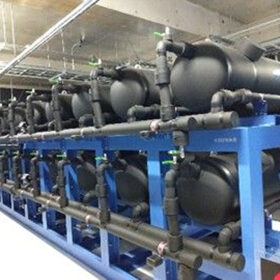Avaada Energy secures LoA to set up 1,138 MW decentralized agricultural solar PV projects in Maharashtra
Avaada Energy has secured the Letter of Award (LoA) to develop and operate 1,138 MW of decentralised solar PV power projects for agriculture consumers across Maharashtra by 2025.
Gautam Solar supplies 60 MW PV panels for PM KUSUM Scheme
Under PM KUSUM Scheme, farmers can set up solar plants on their barren or uncultivable agriculture land and benefit from selling the electricity generated to the local Discom.
Blended finance key to scaling small-scale solar projects
Bringing together private and public capital in a risk-adjusted return structure, is key to scaling up financing for renewable energy assets such as solar mini-grids, says a new report.
India installed 10 GW of solar capacity in 2023
India added about 6.5 GW of new utility-scale solar capacity in the Jan.-Dec. period of 2023. Capacity addition from rooftop installations was 3 GW. Around 500 MW was installed in the off-grid/distributed solar segment.
Ayodhya set to become UP’s first solar city
The temple town of Ayodhya’s 40 MW solar plant will become fully operational by March 2024. In rooftop PV, a total capacity of 1,073 kW has been established on residential, commercial, and industrial buildings in the city. Solar-powered boats, water kiosks, and streetlights showcase Ayodhya’s dedication to harnessing solar energy across diverse sectors.
Govt announces INR 515-crore solar power scheme for electrification of tribal areas
The Scheme targets the electrification of 100,000 un-electrified households in tribal areas by providing off-grid solar solutions free of cost. The solutions will be installed in areas where electricity supply through the grid is not techno-economically feasible.
Prime Minister Narendra Modi launches on-grid solar project with battery storage in Lakshadweep
SunSource Energy provided engineering, procurement, and construction (EPC) services for the 1.7 MW solar project with 1.4 MWh battery storage.
Major trends in the Indian solar PV sector
The Indian solar PV sector is experiencing transformative trends, driven by a combination of technological advancements, government support, and a growing awareness of the need for sustainable energy sources. The rapid expansion of solar capacity, coupled with innovations such as floating solar farms and green hydrogen production, paints a promising picture for the future of renewable energy in India.
“Energy security of the nation can’t be achieved with renewables alone”: Power minister
RK Singh, union minister for power and new & renewable energy, stated recently that the dependence on coal-based generation is likely to continue till cost-effective energy storage solutions are available.
Fostering solar adoption requires a holistic approach
While the benefits of solar adoption are evident, challenges persist. The irregularity of solar power and the lack of efficient storage technologies remain primary concerns. The upfront costs of solar installations, though decreasing, remain a barrier for many. Complex regulations and bureaucratic hurdles often deter individuals and businesses from embracing solar energy. Addressing these challenges demands a concentrated effort.
